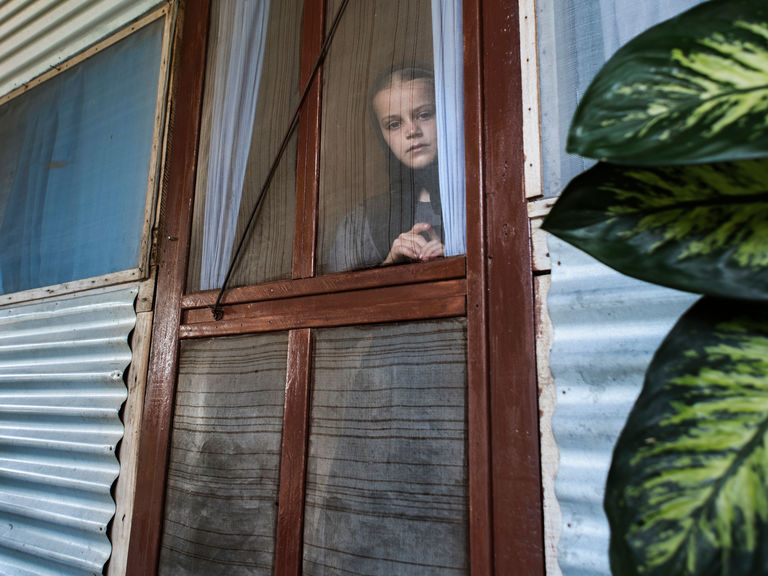Project Detail: Green Mennonite
Contest:
Swiss Storytelling Photo Grant 9th
Brand:
LuganoPhotoDays
Author:
Fabiomassimo Antenozio
Project Info
Green Mennonite
Project within the Bolivian Mennonite colonies
Larry Towell wrote: 'They fascinated me because they seemed otherworldly and therefore completely vulnerable in a society to which they did not belong and for which they were not prepared. Because I liked them, they liked me, and although photography was forbidden, they let me photograph them. That was all there was to it'.
Arriving in Bolivia in the early 1950s mainly from Paraguay, Mexico and Canada, Bolivian Mennonites now number about 100,000, and their population is growing steadily. In order to maintain their culture when they emigrate to a new nation, they demand certain privileges in particular freedom of religion, public schools where only the Bible is taught and exemption from military service. They are conservative and traditionalist. They reject all forms of modernity, violence and laziness. They do not smoke or drink. They live without electricity, cars, telephones, televisions, contraceptives and other modern technologies that they consider vices.
They still speak Plautdietsch (Low German) and few men speak Spanish correctly. Particularly difficult is the condition of women, who are forced into subordinate roles.
They live in the unawareness of modernity, crushed by a culture with narrow horizons, by a distressing and penalising religious super-ego, which stifles the vitality of the individual often concealed by religious leaders who do not allow development and knowledge to protect their culture.
Their economy is based on agriculture, producing monocultures of maize, wheat and especially soya, 16% of GDP, products, genetically modified.
The Mennonite communities' relations with the outside world are limited to the buying and selling of agricultural goods, and they are among the main buyers of agrochemicals that they use on a large scale, unaware of the risks.
It is precisely the effects of this extensive consumption of pesticides, some of which are banned in Europe but still legally sold in Bolivia, that can cause damage to the central nervous system, the endocrine system and the reproductive systems, with even carcinogenic effects on humans.
Moreover, the general lack of culture, which relies on God's will, where few speak Spanish and even fewer can read it, makes it impossible to follow the guidelines for handling these substances.


















